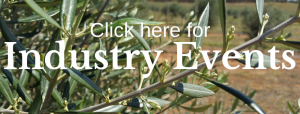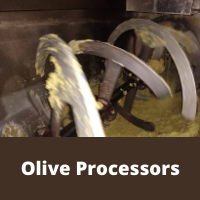
Australian biosecurity has received another boost after the nation’s seven plant Rural Research and Development Corporations (RDCs) and the Department of Agriculture, Fisheries and Forestry renewed a partnership to tackle the nation’s most prolific pests and diseases.
Since it was established in 2017, the Plant Biosecurity Research Initiative (PBRI) has focused on preparedness, diagnostics, surveillance, and sustainable management technologies, targeting key pests and diseases that put our plant industries at risk.
A recent independent review revealed the initiative has achieved its goals of prioritising and delivering collaborative plant biosecurity RD&E, tackling pests and diseases such as Xylella and fall armyworm.
Over the life of the program the RDCs and partners have invested close to $70M into 22 collaborative projects that have fortified Australia against key threats, and enacted fast responses across industries to help limit exposure to these pests.
PBRI program director Dr Jo Luck said the group is now planning for the next five years and beyond.
”For example, we will be working together on new concepts for tracing plant biosecurity threats using genomic analysis, and improving surveillance technology to strengthen our ability to detect and respond to pest incursions in regional Australia,” she said.
Other examples of research co-ordinated and supported by the PBRI and its partners include:
- $3M to understand the risk of native insects vectoring Xylella in Australia and New Zealand
- $15.7M to boost diagnostic capacity for plant production industries
- $21.6M to monitor airborne pests and diseases to aid on-farm pest decision-making.
The PBRI has also created networks to enable the sharing of knowledge and tools across plant industries in Australia, including the Biosecurity Extension Community (BEC), and has facilitated a new network of students that dedicate their research to supporting the health of plant industries and the environment.
Hort Innovation is among the Plant Biosecurity Research Initiative members co-contributing funds to the PBRI’s work.
Learn more about the program here.



